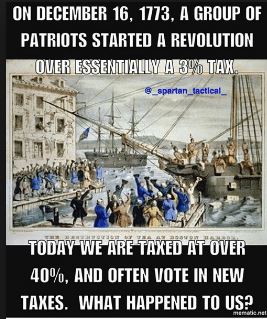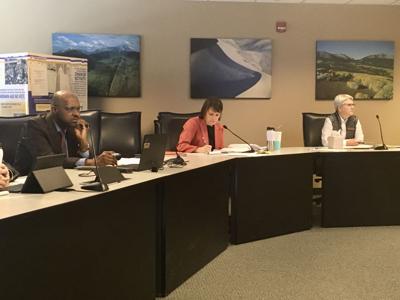
Coalition Voices Opposition to Gas “Fee”
JAN 22, 2021 BY AFPAmericans for Prosperity-Colorado, Colorado Rising State Action, The Independence Institute, The Centennial Institute, and the Colorado Union of Taxpayers (CUT) all oppose the proposed plan.
DENVER, Colo. – Within months of voters passing increased taxpayer protections with Proposition 117, legislators are signaling they plan to ignore the will of the voters with a proposal to add “fees” on gasoline purchases. A coalition including Americans for Prosperity-Colorado, Colorado Rising State Action, The Independence Institute, The Centennial Institute, and the Colorado Union of Taxpayers (CUT) came out strongly against this proposal and called on legislators to respect the will of the voters.
Jesse Mallory, State Director, Americans for Prosperity-Colorado:
“The message politicians are sending to every Coloradan who voted to support TABOR, strengthen taxpayer protections, and oppose tax increases is they don’t care what you say, no matter how often you say it. Lawmakers must respect the will of the people and bring these proposals to a vote.”
Michael Fields, Executive Director of Colorado Rising State Action:
“Voters have made it crystal clear that they want to vote on tax and fee increases. Any plan to add significant revenue should include asking voters.”
Jeff Hunt, Director of the Centennial Institute:
“Colorado has some of the worst roads and traffic congestion in the country. Improving our roads is a priority that must be addressed. But forcing hardworking Coloradans to pay for this with additional gas fees in the midst of a pandemic and a struggling economy is the wrong way to go. The Colorado legislature is asking the average Coloradans to pay more just to go to work, go to the grocery store, or pick up their kids from school. The Colorado legislature has the money to spend on improving roads and needs to reprioritize roads over liberal special projects.”
Jon Caldara, President of the Independence Institute:
“Raising the gas tax without a vote of the people by calling it a fee will definitely give Coloradans gas. If it’s a good idea, bring it to the people!”

 AFP Colorado@AFPColorado
AFP Colorado@AFPColorado




